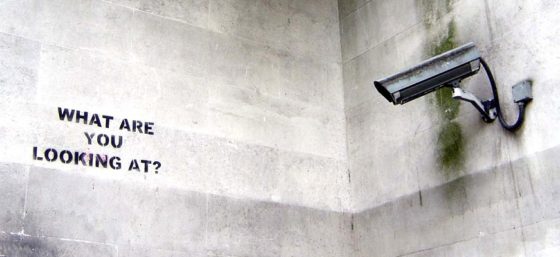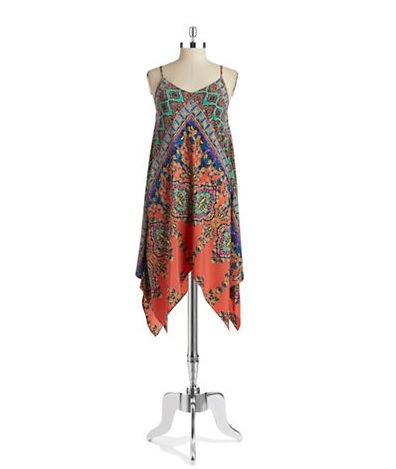
I regularly receive emails from people asking questions about the legalities related to intimate photos and videos – particularly situations when a third party has possession of them. Sometimes the third party allegedly obtained them nefariously and sometimes the people emailing me voluntarily sent the person photos or video and now they have concerns about what said person will do with them.
Now they have concerns?! These are questions they should have asked themselves before they sent the photos/video to begin with!
Here’s an example of how these conversations typically go. The text in italics are things I usually think, but don’t share with the other the person in the moment.
Prospective Client (PC): I made a video with my boyfriend and his ex got a hold of it. His ex is threatening to send it to my parents and post it. What can I do about this?
How did his ex get access to your sex video? This sounds like someone neither of you should have contact with.
ME: How old are you?
Please don’t be a child . . . please don’t be a child . . . please don’t be a child . . . (Yes, sometimes it’s a minor – or so they say.)
PC: 24.
ME: Thank goodness this isn’t a potential inadvertent kiddie porn situation.
You’re an adult. Besides being embarrassing, who cares if this person shows the video to your parents? (I’ve also had people email me claiming the third party is threatening to send it to the PC’s employer.)
ME: Where do you and the ex live?
In Arizona, merely threatening to post revenge porn is a felony.
PC: Nebraska.
Ok, well that’s outside the limits of my law license and revenge porn legal knowledge.
ME: Here’s the list of the current revenge porn and related laws in all 50 States. This will tell you how the laws in your State apply to these situations.
PC: I don’t know what to do. I want to go to the police but I don’t know if I can do that.
ME: Of course you can go to the police! Give them a call, explain your situation, and ask if there’s anything they can do to help you. They may be the best ones to know if this situation violates your State’s criminal law.
And maybe some local resources too that help people in these types of situations.
I get questions and hits on my site every day from people asking about intimate photos and videos, not all of which were taken with consent, and how to keep them from getting out. Unfortunately, I also get hits from people who want to post revenge porn without repercussions – which is disgusting.
When in doubt – don’t. Don’t create intimate photos or videos, don’t share them with others, and don’t post them online. What seemed like a good idea in the moment, may create long lasting regret, especially if it shows up when someone Googles your name. However, if you choose to create this type of material, do it with your device, keep it under password, and never let the files out of your control. Once this material is released, it’s hard to get it back or verify that every copy has been destroyed.
We’re still in the infancy of how we’re going to deal with intimate photos and videos from a social and legal perspective. If you want to chat with me about revenge porn, privacy, or any related topics, you can contact me directly or connect with me on Twitter, Facebook, YouTube, or LinkedIn. You can also get access to more exclusive content that is available only to people on my mailing list, by subscribing here. If you think you’re the victim of revenge porn or threatened revenge porn, contact your local law enforcement agency.










